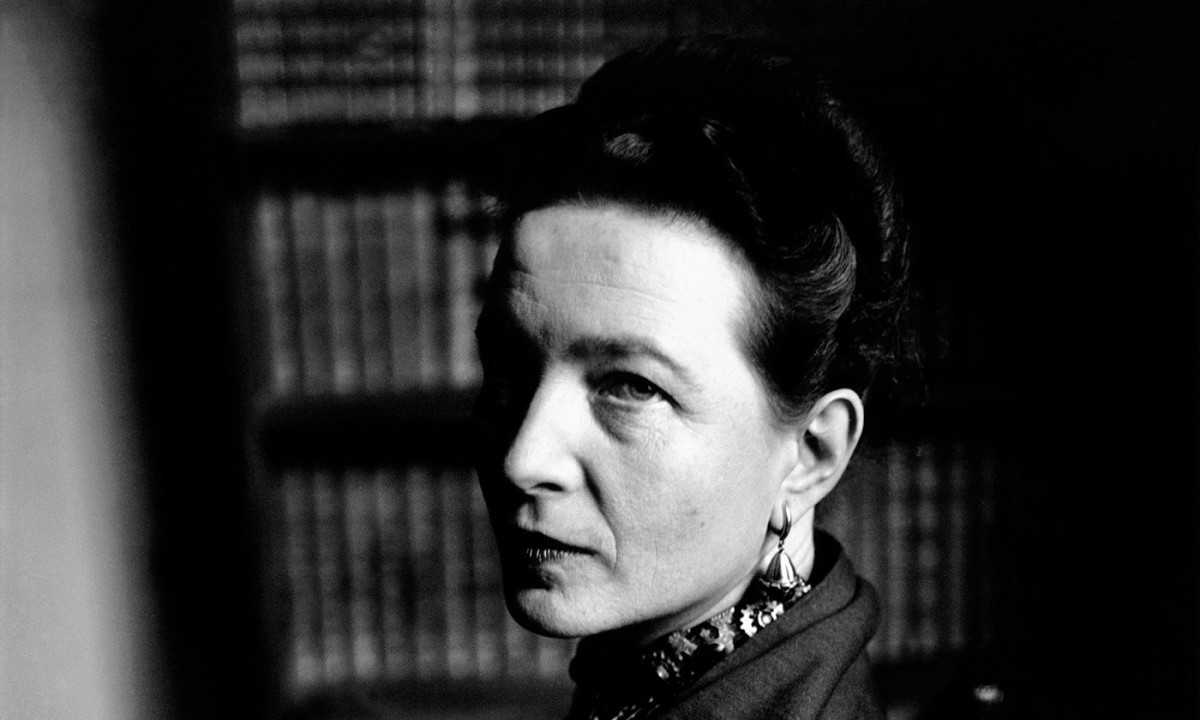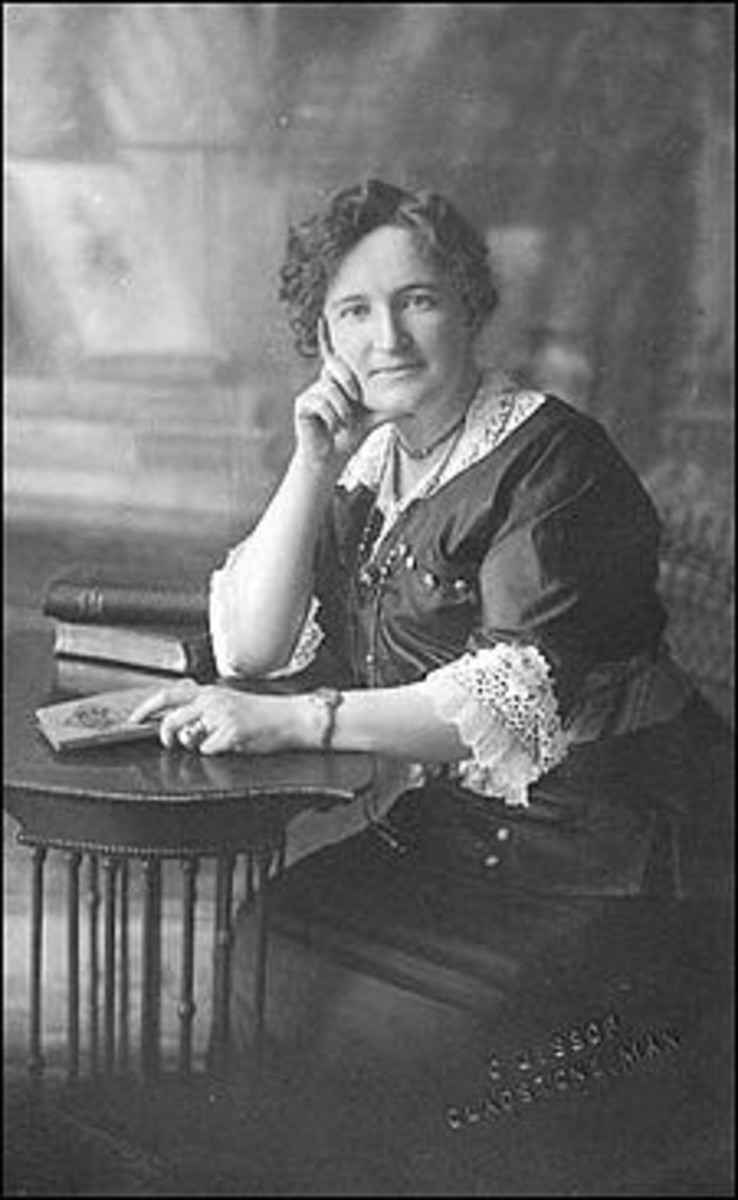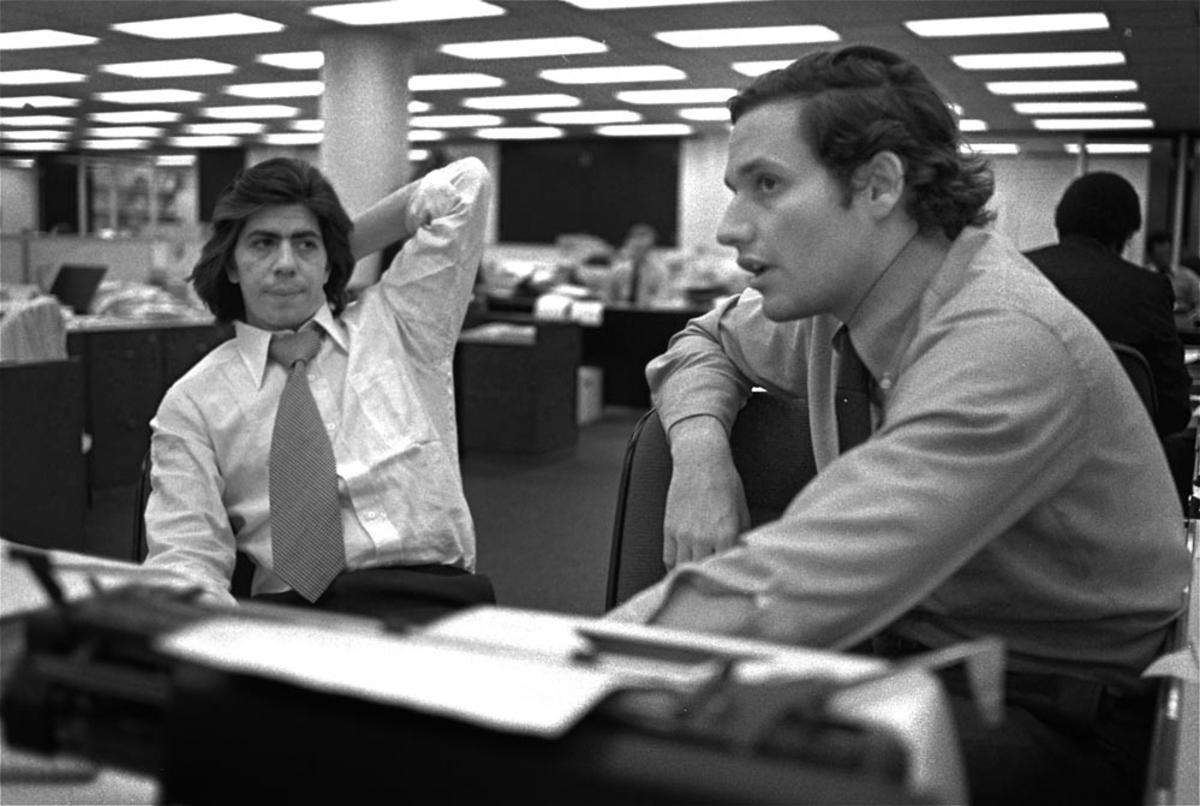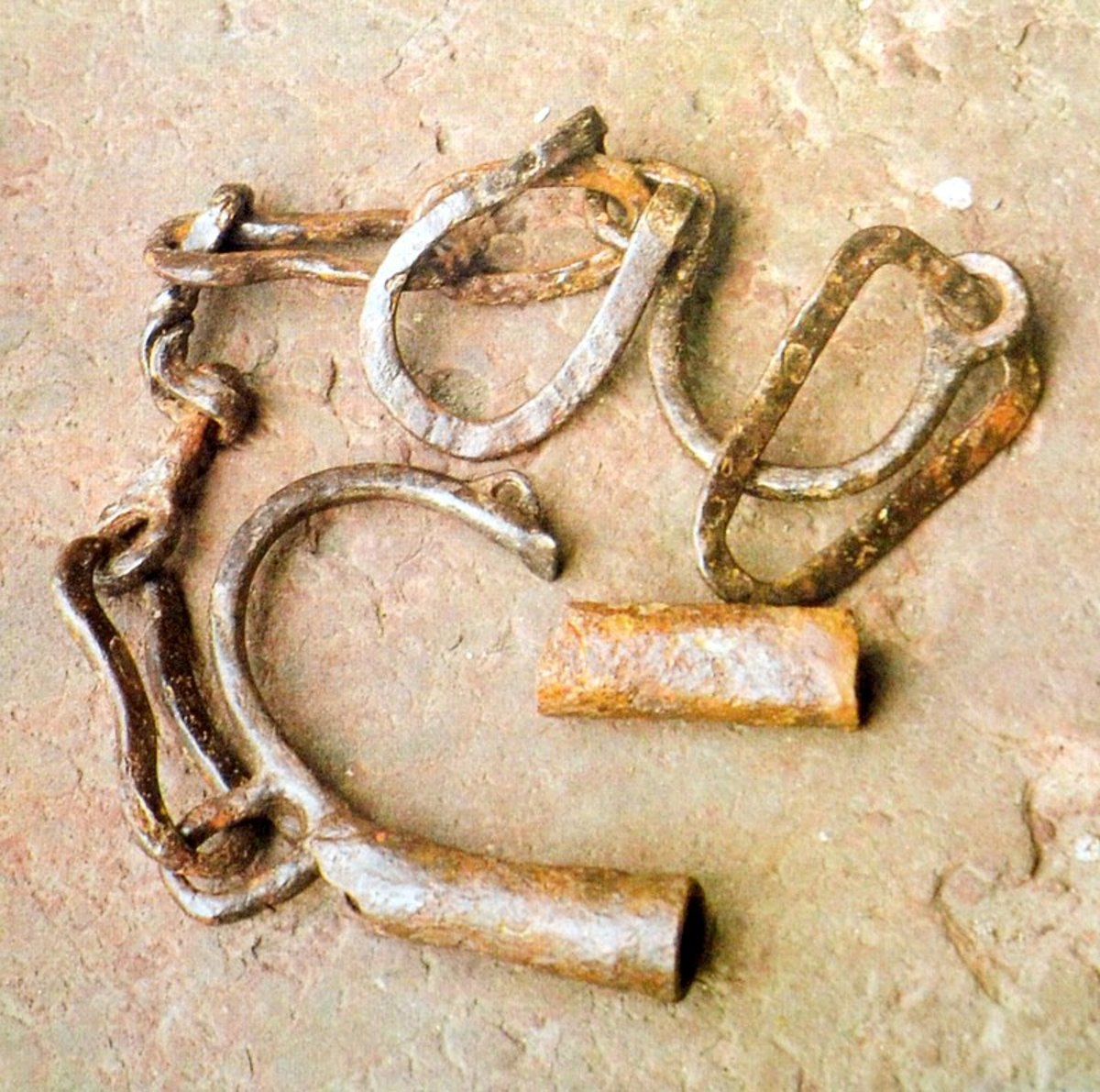Women and happiness: Part one: A series of articles on the way it was and is now
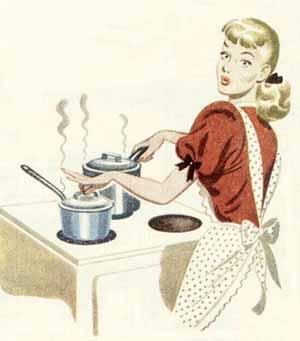
Women and happiness. Part one: The way it was
In the 1960s, I was teaching school in Chicago. It was just about
the time that the "women's feminist movement was getting started. I had
graduated from college with a teaching degree and was eager to get my
career underway. By 1969, the movement was in full swing and the women
teachers at my school were campaigning to shed the required dress and
skirt code for more comfortable pants. Pants suits were all the rage. I
remember the day we all came to school wearing pants. What a
comfortable sit in that was.
Betty Friedan had published The Feminine Mystique a few years
earlier and had founded the National Organization for Women (NOW) in
1966.. And Gloria Steinem had published the essay, "After Black Power,
Women's Liberation" in the New York Times, separating the modern
women's movement from other oppressed groups. The " feminists" as they
were called were asking that women have equal work, equal pay and be
freed from servicing men and children.
Friedan, a brilliant and volatile woman given to wild overstatement, called the suburban home a "... comfortable, concentration camp." where women suffered a "...slow death of mind and spirit." The Feminine Mystique had as it major thesis: "Women, like men,
have a duty to their minds and talents and selves that cannot be
fulfilled by living vicariously through husbands and children.".
The vast American obliviousness that shrouds everything that happened
in the 1950s and before in a kind of gothic mist, has swallowed up the
system of laws, social practices and cultural understandings that women
who lived at the time experienced and that those who came after that time will never understand. They will never
be able to grasp the plight of Friedan's suburban
wives with their low-level depression and seething dissatisfactions.
Although it seems like a dream to me, I married in the 50s, when I was
21, because that's what I was supposed to do and I didn't want to be an
"Old Maid". I became a teacher because teaching, nursing and being a
secretary were my only choices. I put on a dress, fixed my hair and
polished the kids little white shoes every evening and waited, with a
smile on my face, for my husband to come home from work, because
according to Good HouseKeeping that was how to make him happy. And more
than once I asked myself the question: "Is this all there is?" I
actually was not unhappy, but I was not fulfilled and didn't even know
it.
*Next in the series: "Whine, Womyn, and Thongs" (Title by Christine Rosen) Click here for part two

